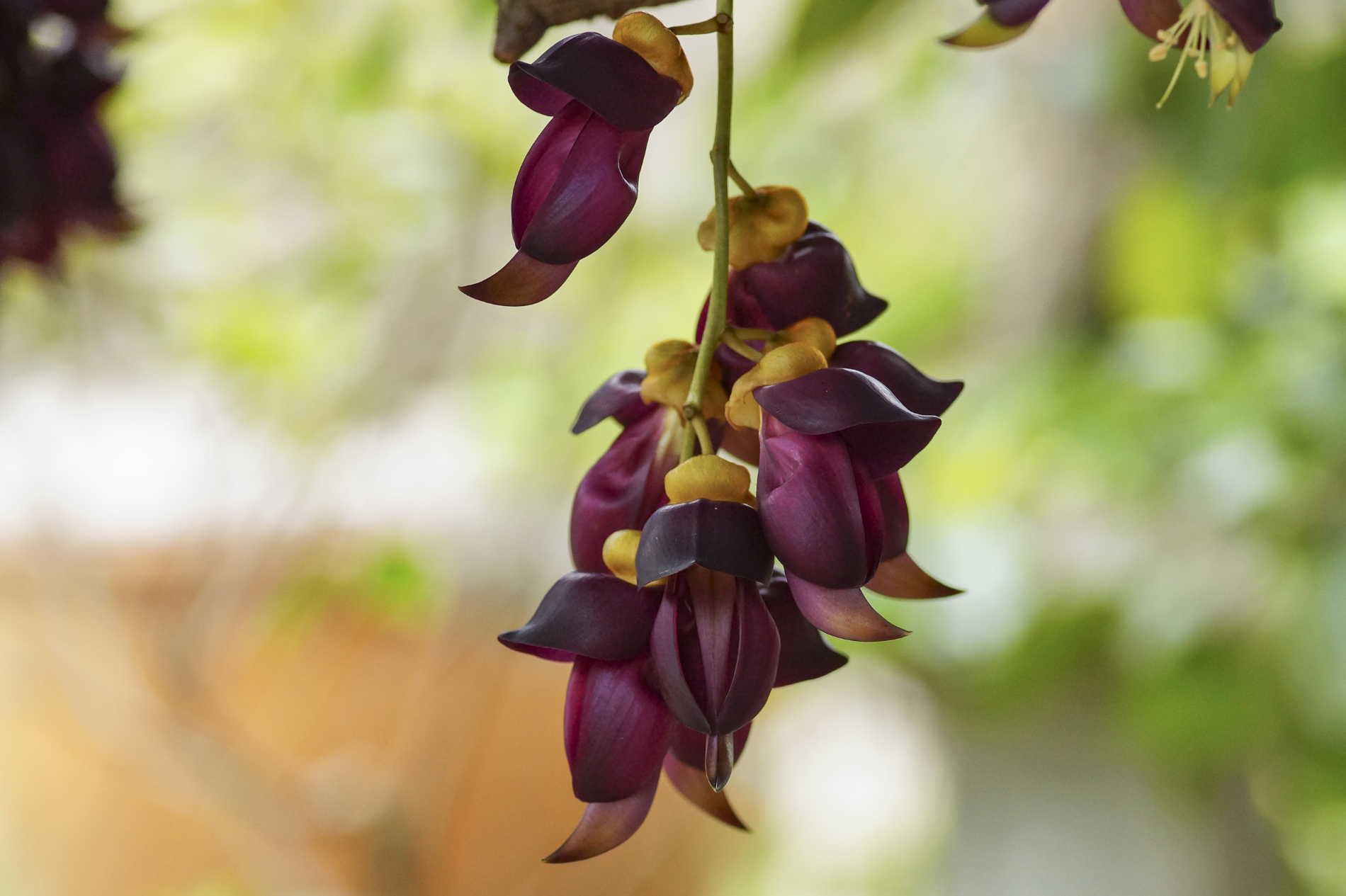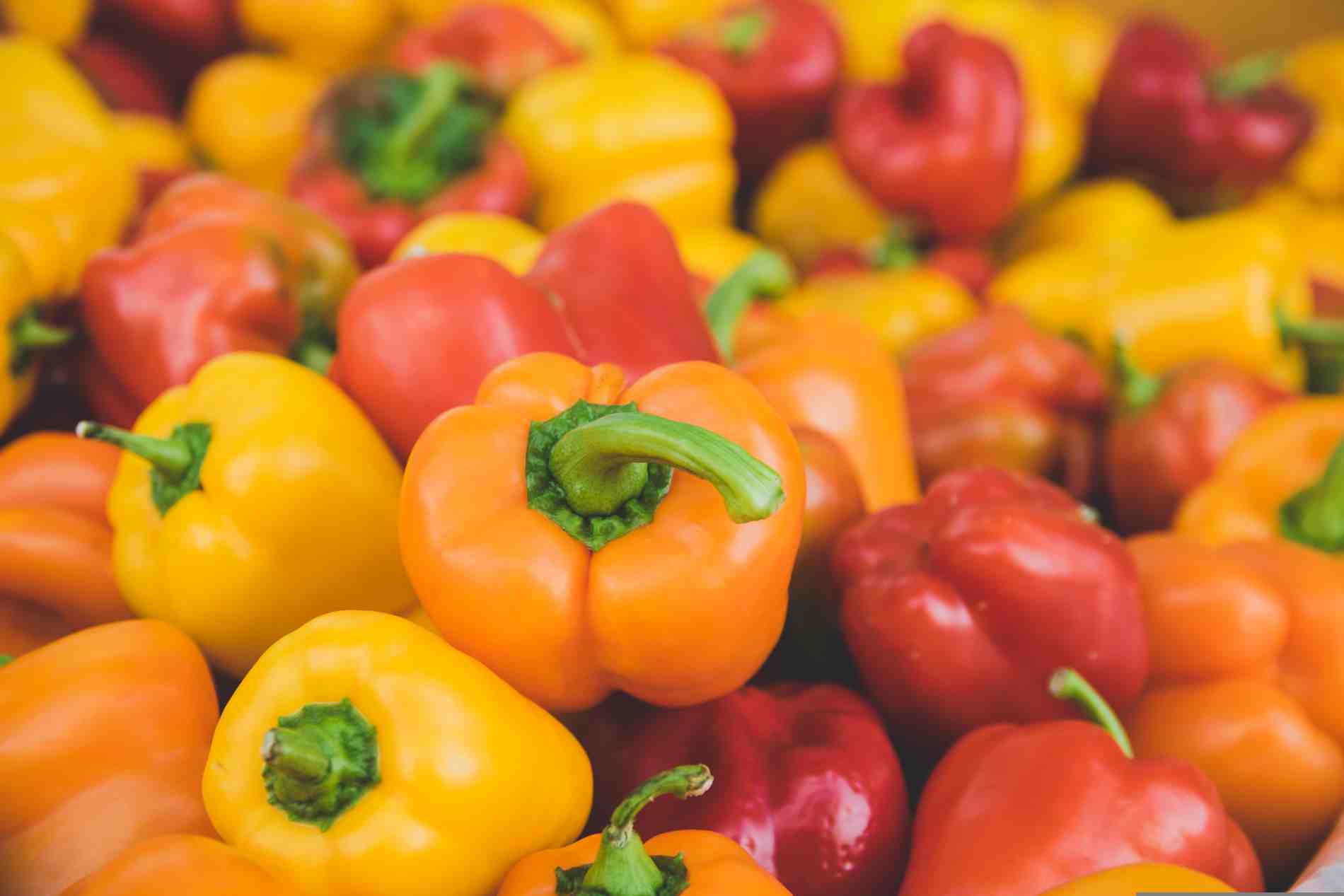Discovery and history of Gotu Kola
Gotu Kola (Centella asiatica), also known as tiger grass, is a traditional medicinal plant from the marshlands of Asia. Its history goes back thousands of years and is deeply rooted in Ayurvedic medicine and traditional Chinese medicine (TCM). According to tradition, it was first discovered by elephants, who regularly ate the plant and thus achieved extraordinary longevity. Humans observed this and began to use the plant themselves to benefit from its healing properties.
Forms and dosage of Gotu Kola
It can be taken in various dosage forms. The most common dosage forms are:
- Capsules and tablets: Standardized extracts that allow for precise dosing.
- Tinctures: Liquid extracts that can be mixed with water or juice.
- Teas: Dried leaves that are infused.
- Powder: Ground leaves that can be stirred into smoothies or food.
The recommended dosage varies depending on the dosage form and the user’s state of health. For capsules and tablets, a dose of 300 to 600 mg per day, divided into two doses, is often given. For tinctures, the usual dose is 30 to 60 drops two to three times a day. Teas and powders should be prepared and taken according to the package instructions.
Healing effects of Gotu Kola
It is said to have a number of health-promoting effects:
- Promoting wound healing: it stimulates collagen production, which accelerates wound healing and reduces scarring.
- Improving mental health: It supports cognitive function and can help with anxiety and depression.
- Reducing inflammation: The plant has anti-inflammatory properties that can alleviate conditions such as arthritis.
- Supporting vein function: It strengthens the vascular walls and can help with varicose veins and chronic venous insufficiency.
- Skin care: It is used in many skin care products to firm and moisturize the skin.
Effect on the body
The active ingredients of gotu kola, especially the triterpenoids, act in various ways in the body. They promote collagen formation, improve blood circulation and have an antioxidant effect. These effects help to improve the appearance of the skin, mental clarity and general health.
Time of intake and supplementation
Gotu Kola should preferably be taken in the morning and evening in order to continuously benefit from its positive effects. It can be taken preventively or to treat existing complaints. It is particularly recommended for mental exhaustion, skin problems or circulatory disorders.
Restrictions on its use
Although Gotu Kola is generally considered safe, certain people should exercise caution:
- Pregnant and breastfeeding women: Safety during pregnancy and breastfeeding has not been adequately researched.
- People with liver disease: As it can affect liver function, people with existing liver problems should avoid taking it.
- Allergy sufferers: People who are allergic to celery, carrots or similar plants may also react sensitively to gotu kola.
Food supplements and medicinal plants
Gotu Kola can be combined well with other dietary supplements and medicinal plants to maximize the health benefits. Recommended combinations are
- Ginkgo Biloba: Promotes mental performance and blood circulation.
- Ashwagandha: Promotes stress resistance and general well-being.
- Curcumin: Enhances anti-inflammatory properties.
Foods with a high gotu kola content
It is rarely available as a food itself, but in Asia it is often used as a spice additive in various dishes, especially in salads and soups. However, it is not found in significant quantities in conventional foods.
Side effects and overdose
Although Gotu Kola is generally well tolerated, side effects can occur in rare cases, such as
- headaches
- stomach complaints
- skin irritation
An overdose can lead to more severe symptoms such as dizziness, nausea and liver damage. It is therefore important not to exceed the recommended dosage.
Gotu kola in naturopathy
In naturopathy, it is mainly used in Ayurveda and traditional Chinese medicine. It is said to strengthen the nervous system, promote skin health and improve mental clarity. In Ayurvedic medicine, it is considered a plant that strengthens the crown chakra and calms the mind.
Conclusion
Gotu Kola is a versatile and powerful medicinal plant with a long history in traditional medicine. Its ability to promote wound healing, support mental health and reduce inflammation makes it a valuable part of natural health care. As with all supplements, it is important to take them responsibly and with individual health needs in mind.




